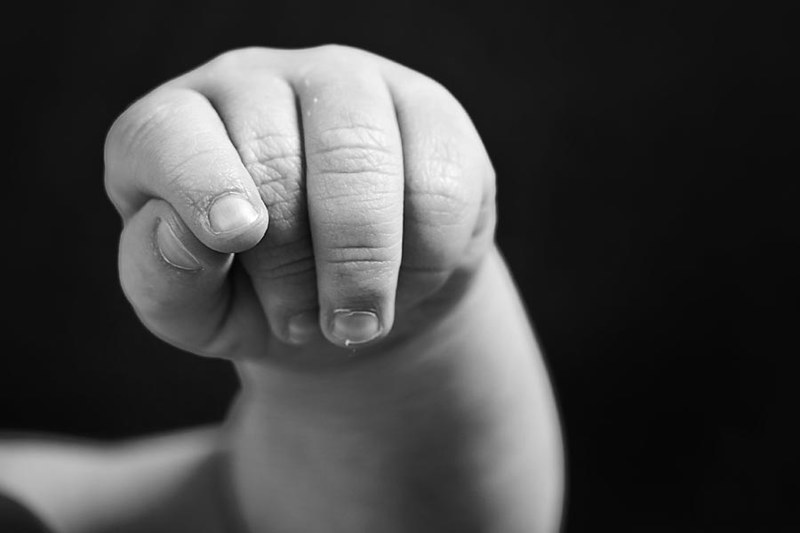Children are born totally different: some are born with funny curls, and some are born bald even though they belong to the female sex. In addition, they have different eye colors and many more cute individual features. And they all develop differently too, so it’s nothing to worry about if your baby doesn’t do exactly the same thing as your neighbor’s.
Every mother probably goes through the “my baby is not like the others” fear, but by the age of three these fears have finally subsided. Few people realize that another key “dissimilarity” – left-handedness – emerges much later, at age 5. Let’s talk about left-handedness and what to do if your child has this trait.
What is left-handedness and where does it come from
The fact that a child is more left-handed usually means that he/she has a stronger right-brain tendency. It is neither a disadvantage nor an advantage. It is a characteristic that just needs to be taken into account, that’s all. Left-handedness may have several causes:
Genetic. Scientists believe that in families where one of the parents is left-handed, left-handed people are born much more often, a genetic predisposition has an impact.
Compensatory. If a person has damaged brain regions responsible for precise control with the right hand, the brain automatically switches to the healthy hemisphere.
Forced. If the right hand is injured, the child may very well begin to develop the left hand. Also, sometimes children just imitate adults.
Pseudo-left-handedness. Sometimes a child is equally good with both hands – do not mistake this situation for true left-handedness.
Peculiarities of raising a left-handed child
As soon as you discover that your child is left-handed, you are faced with a huge, overshadowing question “should I retrain or not?” The answer is no, of course not, because it has long been proven that it can harm your child by significantly slowing down their development. In addition, the child may start to feel “wrong”, flawed. It is better to help him or her.
Tell teachers and educators that your child is left-handed and ask them not to retrain him or her. It is your right and it is included in the guidelines of the Ministry of Health. Be persistent and don’t let anyone violate your child’s rights.
In the beginning, take it upon yourself to learn lessons with your child. A left-handed child has a creative, imaginative rather than analytical way of thinking – it needs to be explained patiently and consistently in order for it to absorb the material. Try not to get angry – it’s not the child’s fault if he needs a little more time for some things.
Pay particular attention to the development of fine motor skills and train all types of memory – it is likely that the child will try to use only the visual memory. Don’t forget that there are tactile, auditory and emotional – develop them all.
Organize pre-school and out-of-school education of the child, note that left-handed children do not tolerate large crowds. For a better assimilation of any new knowledge they like nobody else, an important individual approach – take this into account when choosing sections, circles, studios, teams.
Left-handed children are usually very emotional and prone to pessimism, so do not let them perceive their peculiarity as a disadvantage.
